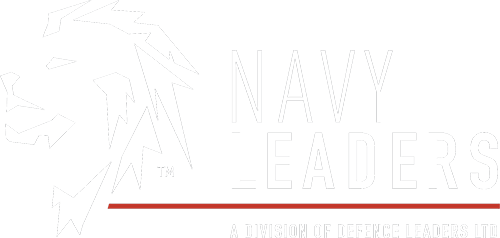Royal Marines learn to master Finland's complex coastline
)
Crucially for Finland’s new allies in the alliance it was the opportunity to learn and understand the complex geography of the Gulf of Finland, gaining a better understanding of what it takes to operate in the rugged island-strewn coastline with its narrow channels.
Amphibious ship RFA Mounts Bay was the UK’s centrepiece to the exercise – codenamed Freezing Winds – alongside specialist commandos, who worked with allies, including US Marines, as part of a 4,000-strong allied force.
Freezing Winds provided a unique experience and a foundation of knowledge of operating on Finnish turf, helping allies understand what it takes to defend Finland.
Mounts Bay operated off the Uusimaa coast – which includes capital Helsinki – surrounded by sea fog in freezing temperatures ready to land forces ashore on commando raids/covert missions as part of the exercise.
Specialists from across the UK Commando Force were taken ashore by 4 Assault Squadron, who are expert landing craft pilots – used to navigating difficult waterways, typically in Norway in colder climes, to get commandos inland to hit an adversary where they least expect.
Among the teams to be landed ashore were 148 Battery of 29 Commando Royal Artillery, who are responsible for calling in naval gunfire from nearby warships and air strikes in their specialist role but are also experts in covert patrols behind enemy lines, concealment, encrypted communications and battle damage assessment.
All of this was part of Littoral Response Group (North) (LRG) operations. The Royal Navy has two LRGs – North and South – which are designed to deploy rapidly to strategically important locations in response to world events.
Captain James Allen, Mounts Bay’s Commanding Officer, said: “The archipelago of Finland itself is very difficult to operate within, especially finding channels to go in and out of ports. Going into Turku for example is too tight for us to go through, so it is a challenge.
“The archipelago is beautiful and stunning but from a navigational perspective but you have to have your wits about you.”
Marine Chaivivat Muankeaw, of 4 Assault Squadron, added: “Exercise Freezing Winds provided me a unique experience as coxswain operating Inflatable Rigid Craft Mk4 (IRC) in a cold weather environment.
“When I was driving the IRC the wind chill was around -20C and I had to think about different factors such as the speed the IRC was travelling, as the faster it went the colder my passengers would be.
“The type of environment I was operating in required different kit and clothing but I was well prepared given the rigorous training I received before being deployed to Finland.
“This exercise gave me experience of working alongside different elements of UK forces such as 148 Battery, and international forces such as 2nd Recon US Marine Corps.
“These forces have different operating procedures, and the challenge was to standardise those procedures during the amphibious training, before we started the tactical exercise. I found this training to be demanding and challenging given the cold temperatures and the sea fog.
“I met with the Finnish Navy during this exercise and they showed us the craft they operate and the type of training they receive.
“I received a presentation on how their boat groups operate and the size and scale of their forces.
“This is very helpful as they are a new NATO member and it allowed me to understand how their craft work and how we can integrate with them in any future operations.”
As Freezing Winds was winding up, Mounts Bay, HMS Richmond, HMS Somerset, HMS Tyne, HMS Severn, HMS Cattistock and HMS Penzance were activated to protect underwater cables and pipelines from the Baltic to the English Channel.
This tasking came under the Joint Expeditionary Force (JEF) – a group of ten like-minded nations dedicated to prosperity and security – to ensure stability and deter threats to critical undersea infrastructure.
Supported by RAF P8 Poseidon patrol aircraft, this task force of frigates, mine hunters and patrol ships is acting as a deterrence in areas of interest.
